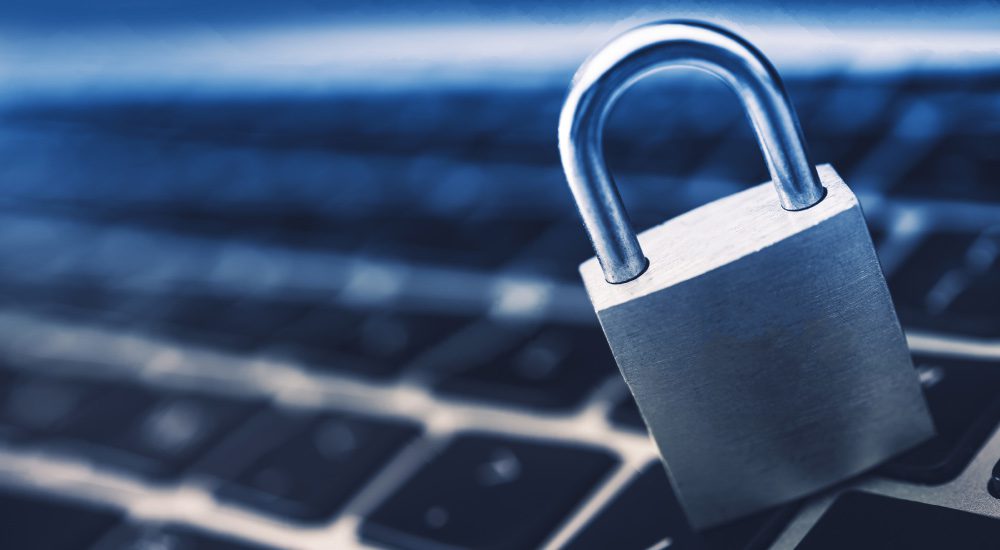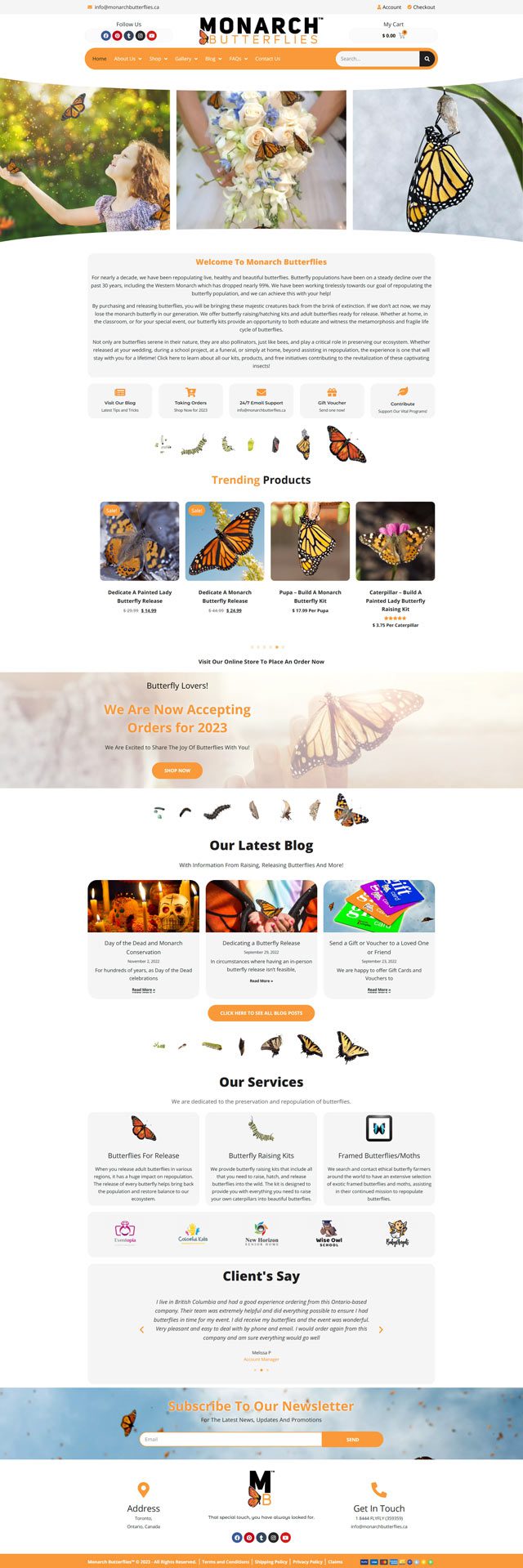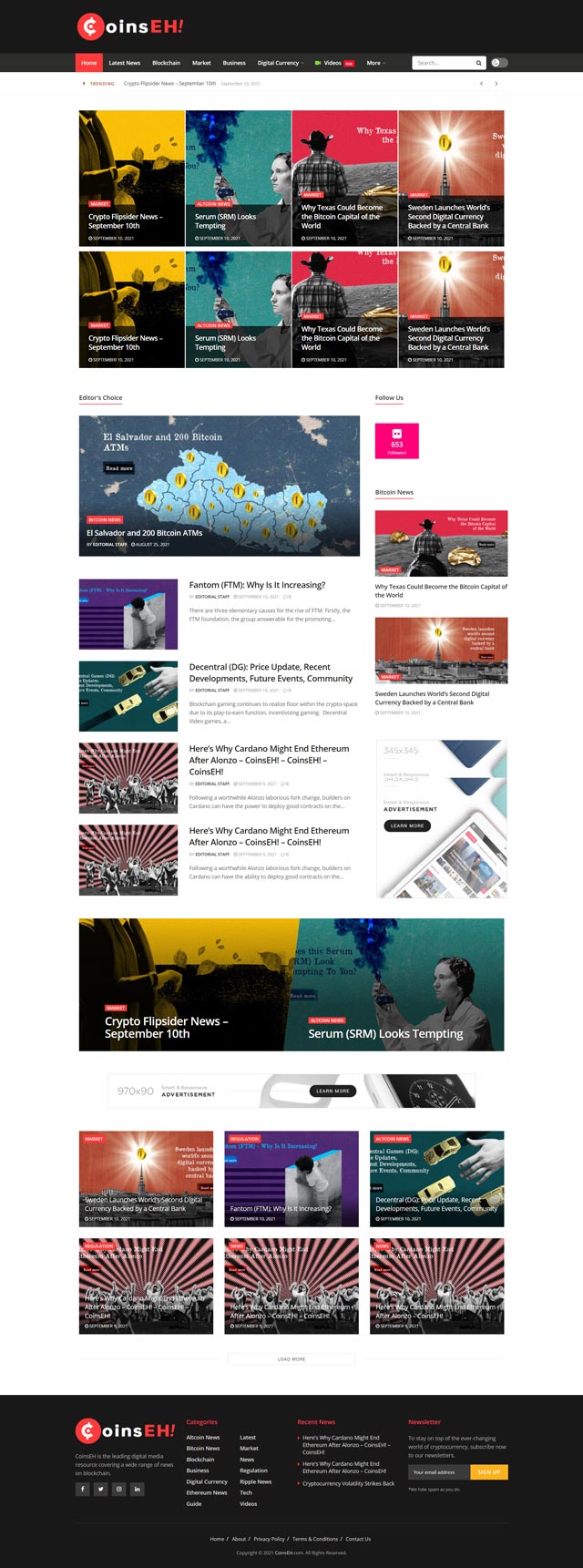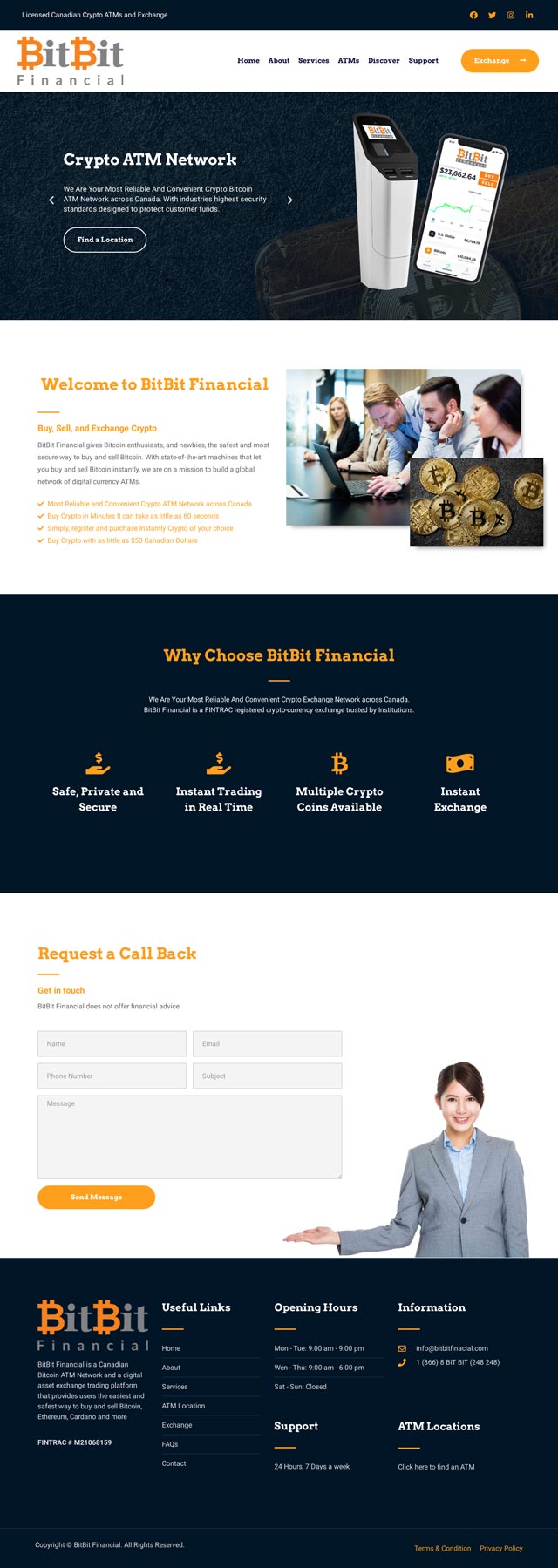Website security is an essential aspect of online business. A website that is not properly secured can be vulnerable to cyber attacks, resulting in stolen data, lost revenue, and damage to your brand’s reputation. In this blog post, we’ll explore the importance of security for your website and some steps you can take to ensure it.
- Protect Your Website from Malware
Malware is a type of software designed to harm your computer or network. Malware can be used to steal data, damage your website, or even take over your computer. To protect your website from malware, consider:
- Installing antivirus software on your computer
- Using a firewall to block unauthorized access to your network
- Keeping your software and plugins up-to-date to prevent vulnerabilities
- Use SSL Encryption
SSL (Secure Sockets Layer) encryption is a protocol that encrypts data sent between your website and your visitors’ browsers. This can help protect sensitive data, such as passwords and credit card information, from being intercepted by hackers. To use SSL encryption on your website, you’ll need to obtain an SSL certificate from a trusted provider.
- Use Strong Passwords
Using strong passwords is essential for website security. Weak passwords can be easily guessed or cracked by hackers, giving them access to your website and sensitive data. When creating passwords, consider:
- Using a mix of uppercase and lowercase letters, numbers, and symbols
- Avoiding common words or phrases
- Changing your passwords regularly
- Limit Access to Your Website
Limiting access to your website can also help improve security. Only give access to those who need it, and ensure that they are using strong passwords and following security best practices. Some tips for limiting access include:
- Creating separate accounts for each user with limited permissions
- Using two-factor authentication for additional security
- Revoking access when employees or contractors are no longer working with your business
- Use a Secure Web Host
Choosing a secure web host is important for website security. A secure web host will have measures in place to protect your website from attacks and ensure that your data is safe. Some features to look for in a secure web host include:
- Regular backups to protect against data loss
- DDoS protection to prevent attacks
- Regular security updates and patches to keep your website secure
Conclusion
In conclusion, website security is a critical aspect of online business. By protecting your website from malware, using SSL encryption, using strong passwords, limiting access, and choosing a secure web host, you can help ensure that your website is safe and secure. If you’re looking to improve your website’s security, consider working with a professional web design and development company like Upshot Firm to ensure that your website is designed with security in mind.


















